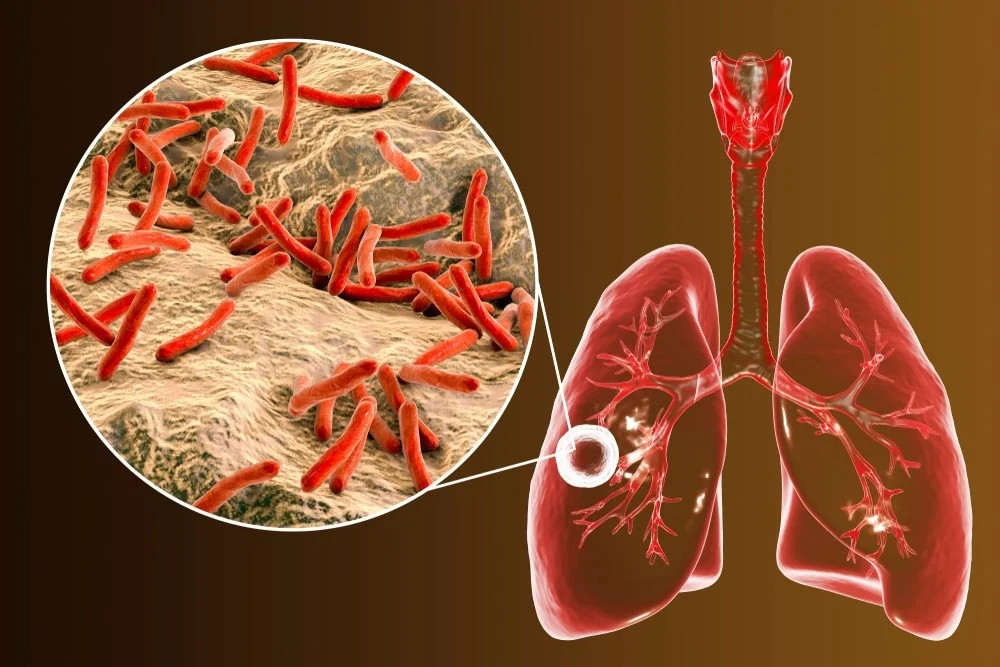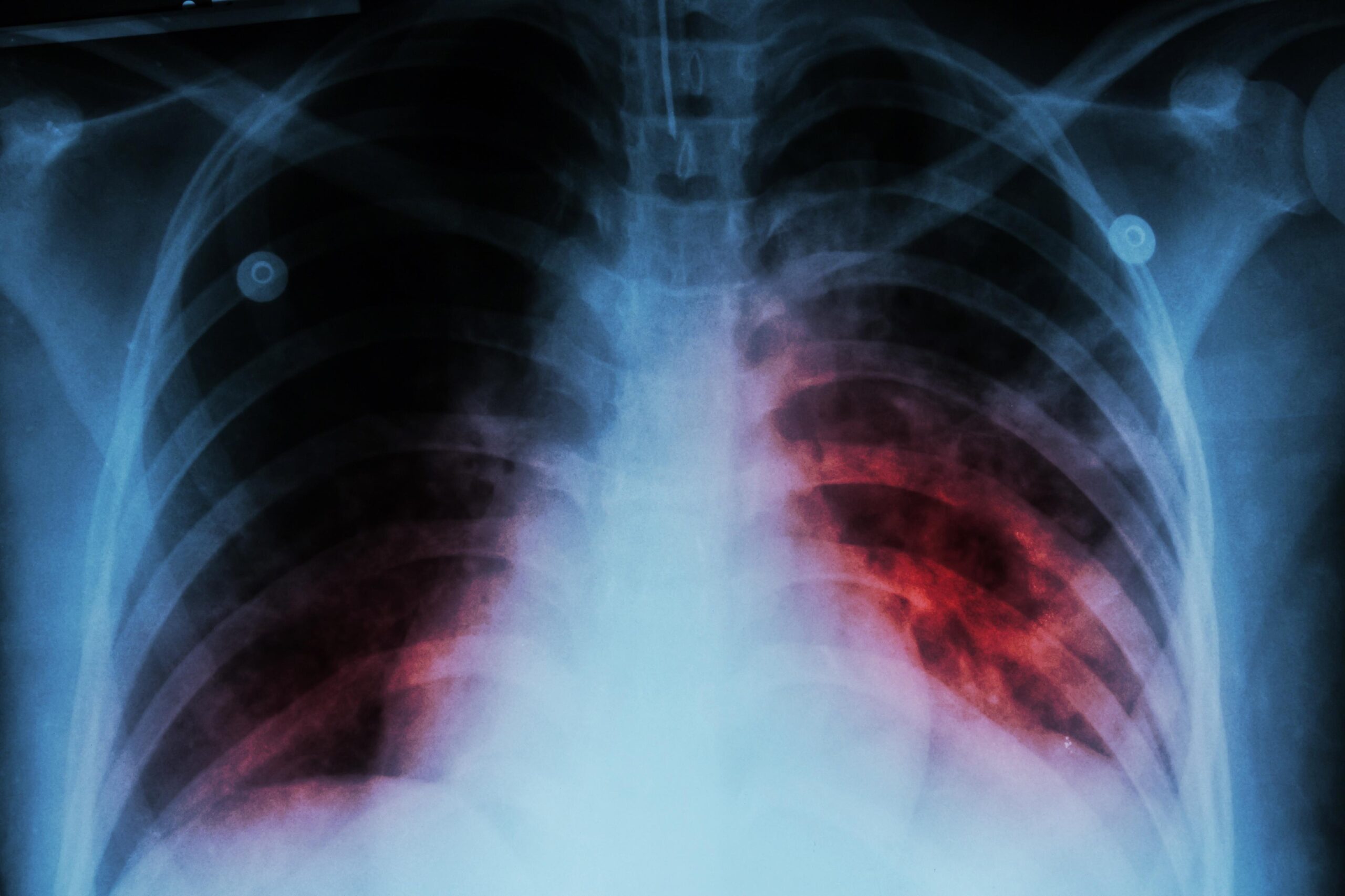(TB) is a serious health problem, and it is one of the top ten causes of death worldwide, according to the World Health Organization (WHO).
Causes: TB is primarily spread through the air when a person with active TB in the lungs or throat coughs, sneezes, speaks, or sings. The bacteria can remain suspended in the air for several hours and can be inhaled by someone who is in close contact with an infected person. It’s important to note that not everyone who inhales TB bacteria will become sick with active TB, as the bacteria can remain latent in the body for years without causing any symptoms. However, factors such as weakened immune systems due to HIV infection, malnutrition, or certain medications, can increase the risk of developing active TB.
Effects: The symptoms of active TB can include a persistent cough, chest pain, fatigue, fever, night sweats, and weight loss. TB can cause severe damage to the lungs and other organs and can be fatal if left untreated. TB can also have social and economic impacts, as it can lead to loss of income, increased healthcare costs, and social stigma.
Diagnosis: TB can be diagnosed through a variety of tests, including a skin test, blood test, or chest X-ray. Sputum tests may also be used to identify the bacteria in the lungs. In some cases, a biopsy or other specialized test may be required to confirm the diagnosis.
Treatment: TB is treatable with antibiotics, but the course of treatment is typically long and can take several months to a year. It’s important to complete the full course of treatment to ensure the bacteria are completely eliminated and prevent the development of drug-resistant strains of TB.
Prevention: Preventing the spread of TB involves identifying and treating people with active TB, as well as screening and treating people who have been exposed to TB. Other measures include promoting good respiratory hygiene, such as covering the mouth and nose when coughing or sneezing, and improving ventilation in crowded living and working environments.
In conclusion, tuberculosis is a serious infectious disease caused by Mycobacterium tuberculosis, which primarily affects the lungs but can also affect other parts of the body. The disease can be life-threatening if left untreated, and it has significant social and economic impacts. Preventing the spread of TB and improving access to effective treatment are essential in the global effort to control and ultimately eliminate TB.

